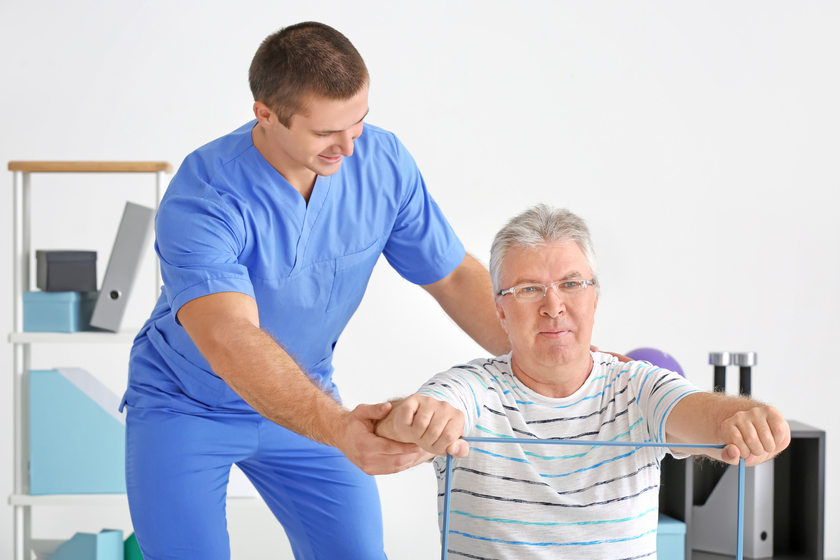Physical therapy for seniors is a vital part of maintaining mobility, strength, and overall health. However, there are times when it might no longer be safe for your loved ones. Recognizing these signs early can help prevent injuries and ensure they receive the appropriate care.
Increased Pain and Discomfort
One of the clearest signs that physical therapy may no longer be safe is a noticeable increase in pain and discomfort during or after sessions. While some soreness is normal, persistent or severe pain can indicate that the therapy is too intense or not suitable for their condition.
Unexplained Bruising or Swelling
Bruising or swelling that appears without a clear cause can be a red flag. This could suggest that the exercises are causing more harm than good. It’s essential to consult with a healthcare provider to determine if the therapy should be adjusted or stopped.
Frequent Falls
If your aging loved one starts experiencing more frequent falls, it may be time to reassess their physical therapy regimen. Falls can indicate that the exercises are not improving their balance or strength as intended and may even be contributing to their instability.
Dizziness or Lightheadedness
Feeling dizzy or lightheaded during or after physical therapy sessions is a serious concern. This can be a sign of overexertion or an underlying health issue that needs to be addressed before continuing with the therapy.
Decline in Overall Health
A noticeable decline in overall health, such as increased fatigue, weakness, or other health issues, can indicate that physical therapy is too strenuous. It’s important to monitor their health and consult with their therapist or doctor if these symptoms arise.
Loss of Motivation or Fear of Sessions
If your senior loved one starts to dread physical therapy sessions or loses motivation to participate, it might be due to discomfort or fear of injury. A mental shift like this can be a sign that the therapy is no longer beneficial and could be causing more harm than good.
Negative Changes in Mobility
Instead of improvements, if there are negative changes in mobility or a decline in the ability to perform daily activities, it’s a strong indicator that the current physical therapy plan needs reevaluation. The goal of therapy should always be to enhance, not diminish, mobility and function.
Inadequate Supervision of Expertise
Physical therapy for seniors requires specialized knowledge and careful supervision. If the therapist lacks experience in geriatric care or if sessions are inadequately supervised, this increases the risk of injury. You must ensure your loved one is under the care of a qualified professional.
Persistent Fatigue After Sessions
While some tiredness is expected, persistent fatigue that affects daily activities is a sign that the therapy might be too demanding. Adjusting the intensity or duration of sessions can help, but persistent issues should prompt a reassessment of the therapy plan.
Ensure Safe and Effective Care for Your Loved Ones at Fort Worth, TX’s Best Senior Living
Ensuring the safety and well-being of your aging loved ones during physical therapy is paramount. Our Senior Living in Fort Worth, TX prioritizes the well-being and safety of our residents through our signature Dimensions Health & Fitness program. This comprehensive wellness program addresses social, intellectual, spiritual, physical, medical, and emotional health needs.
Our community features an enclosed swimming pool and a daily activities calendar filled with entertaining and therapeutic options. Contact us today to learn more about how our dedicated care and supportive environment can help your senior loved ones maintain their health and enjoy a vibrant, fulfilling lifestyle.







